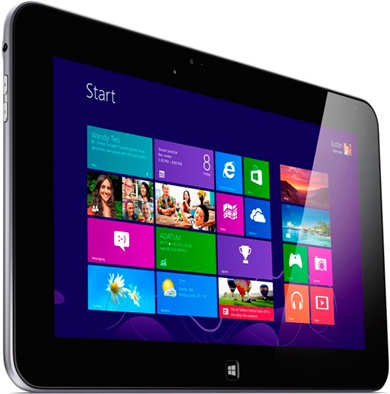News
Report: Dell Is Latest OEM To Abandon Windows RT
- By Jeffrey Schwartz
- September 25, 2013
Microsoft may be the last device maker to still be manufacturing devices running its Windows RT operating system, according to media reports this week.
PCWorld noted on Tuesday that Dell's Windows RT-based XPS 10 tablet is now listed as "unavailable" in Dell's online store. As an alternative, Dell recommends the $499 Latitude 10, which is powered by an Intel Atom processor and runs the full version of Windows 8.
 Dell's XPS 10 tablet.
Dell's XPS 10 tablet.
Several PC suppliers have already either ceased or reduced their production of Windows RT devices, including Asus, Lenovo, Samsung, Toshiba and HP. As of last month, Dell appeared to be the last one standing with the XPS 10, though that device could only be found online.
Unlike Windows 8, which is designed to run on x86 devices, Windows RT is designed to run on ARM-based machines. It has less computing power than Windows 8 and can run only applications from the Windows Store that support the "Modern" user interface.
Dell is expected to announce new tablets on Oct. 2. However, analysts told PCWorld that the company is unlikely to launch a tablet running Windows RT 8.1, the operating system update that Microsoft is expected to make generally available in mid-October along with Windows 8.1. That would leave Microsoft as the last device maker to support Windows RT.
Microsoft on Monday unveiled the second generation of it its Surface RT tablet, called the Surface 2. The product is scheduled for release next month, though Microsoft opened it to pre-orders on Tuesday.
About the Author
Jeffrey Schwartz is editor of Redmond magazine and also covers cloud computing for Virtualization Review's Cloud Report. In addition, he writes the Channeling the Cloud column for Redmond Channel Partner. Follow him on Twitter @JeffreySchwartz.